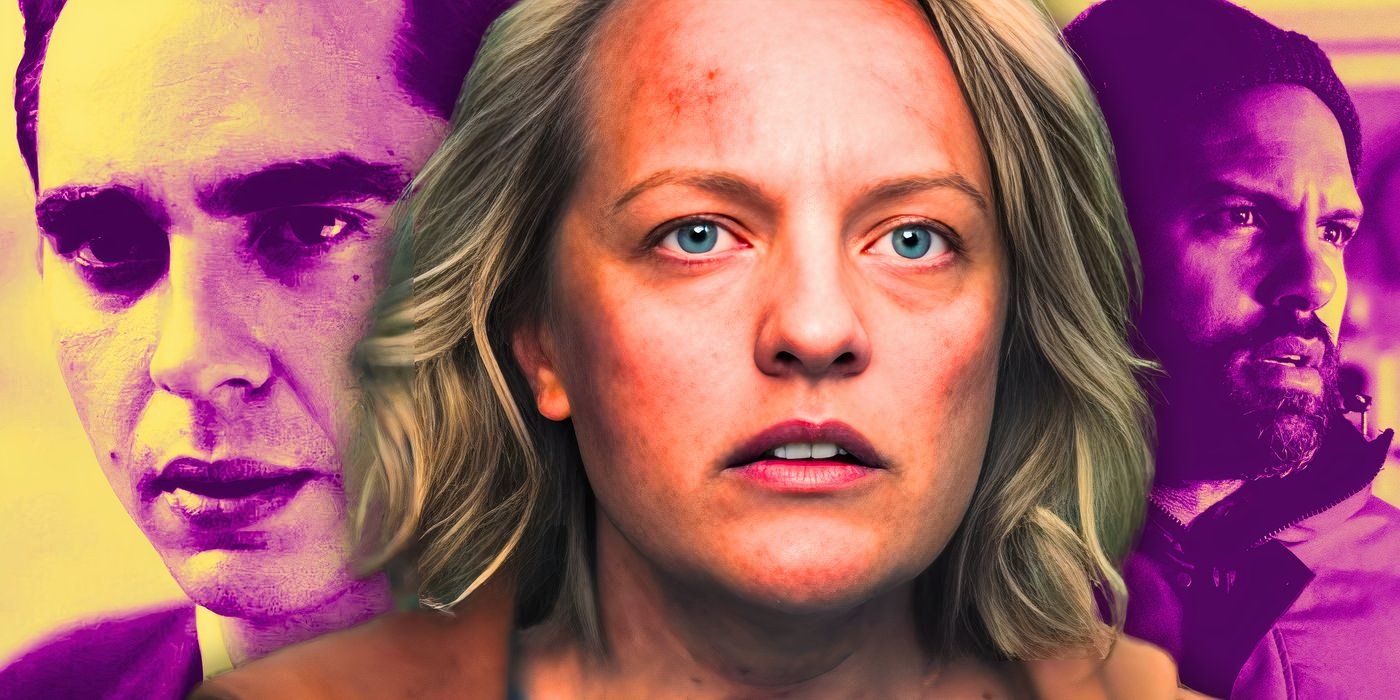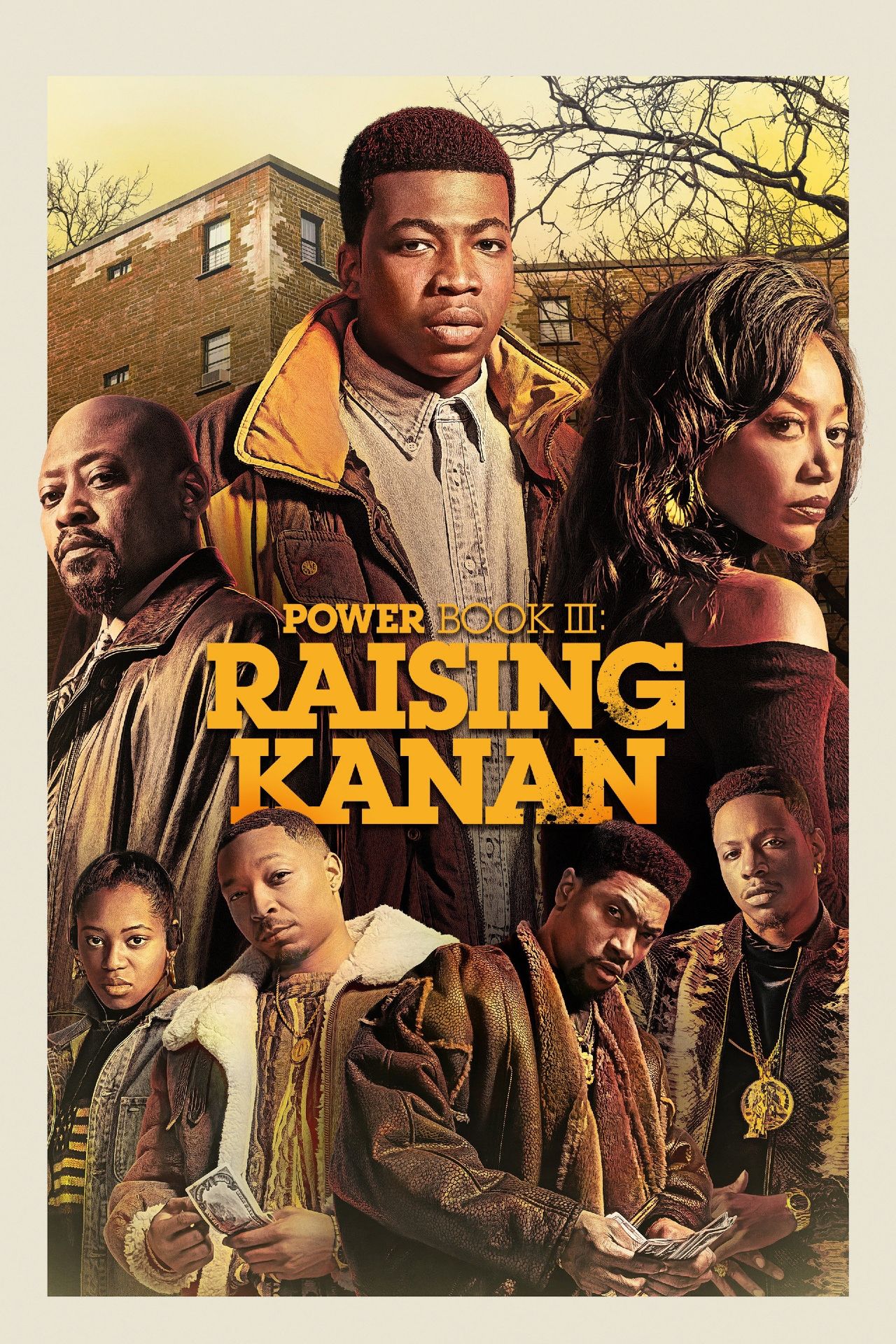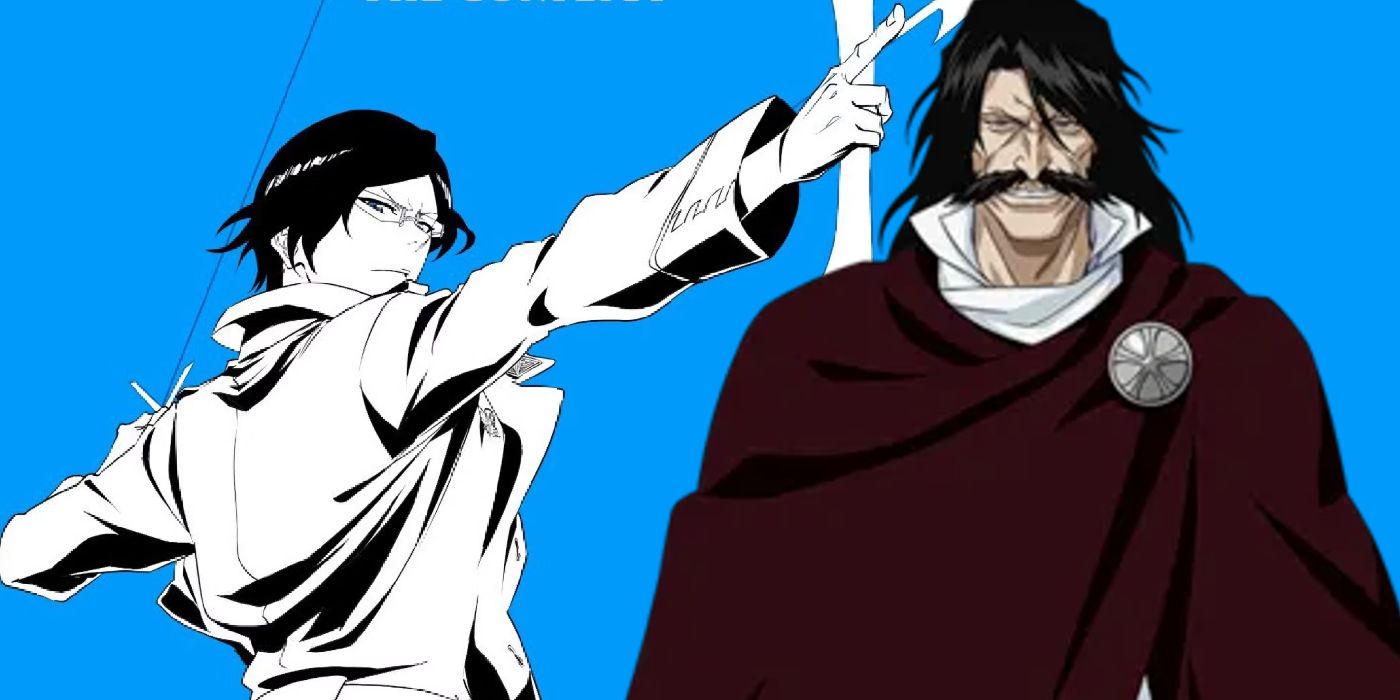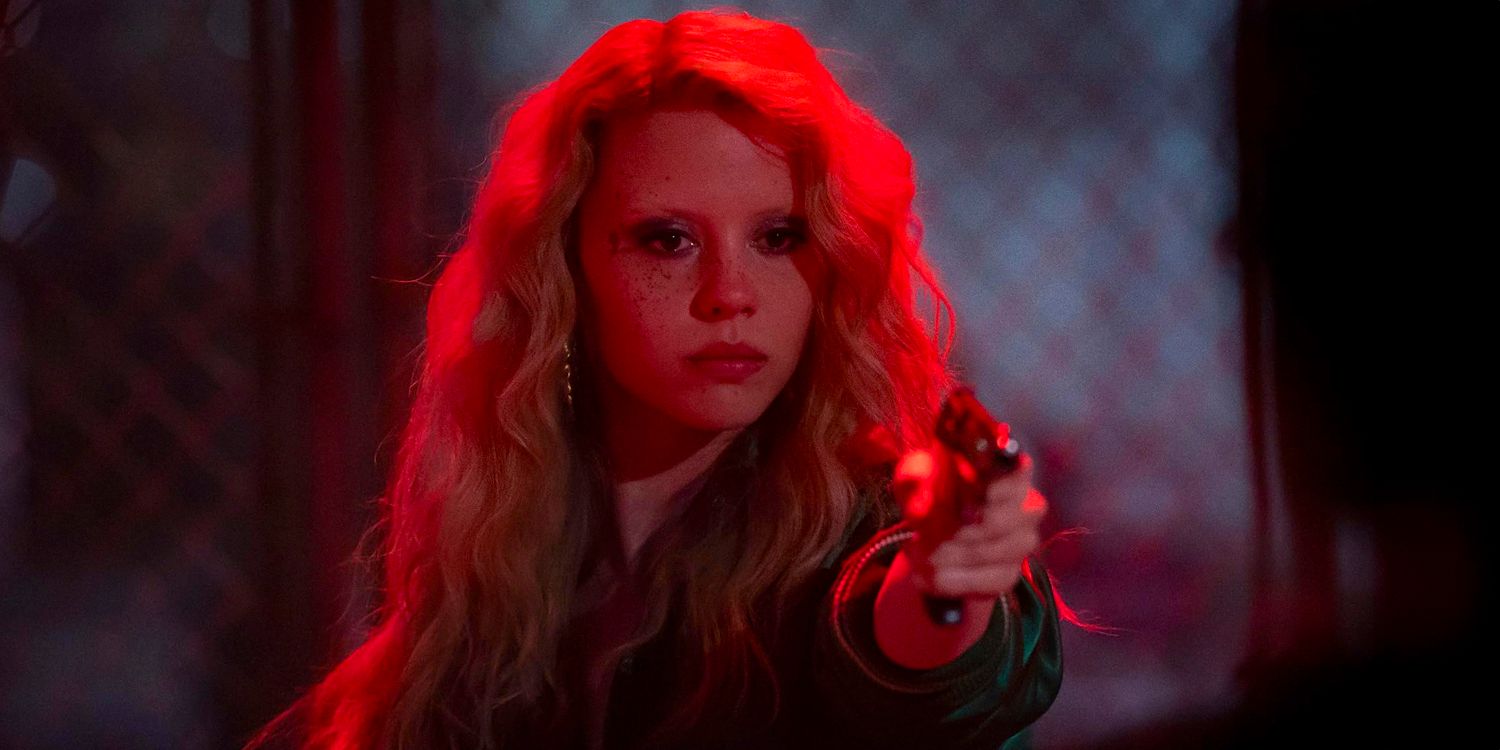According to Deadline, after a recent article in The Critic described Martin Scorsese as “lazy,” Taxi Driver as “[lacking] momentum or moral,” and Raging Bull as “across-the-board bad filmmaking,” fellow filmmaker Guillermo del Toro was quick to defend Scorsese against the “offensive, cruel, and ill-intentioned” hit piece. Del Toro compared the article’s hostile critiques of Scorsese’s work to “faulting Picasso for ‘not getting perspective right’ or Gaugin for being ‘garish.’”
Scorsese might be renowned for directing gangster films full of graphic violence, but the narratives always deconstruct gangster myths and the violence always serves a poignant theme.
The King Of Comedy (1982)
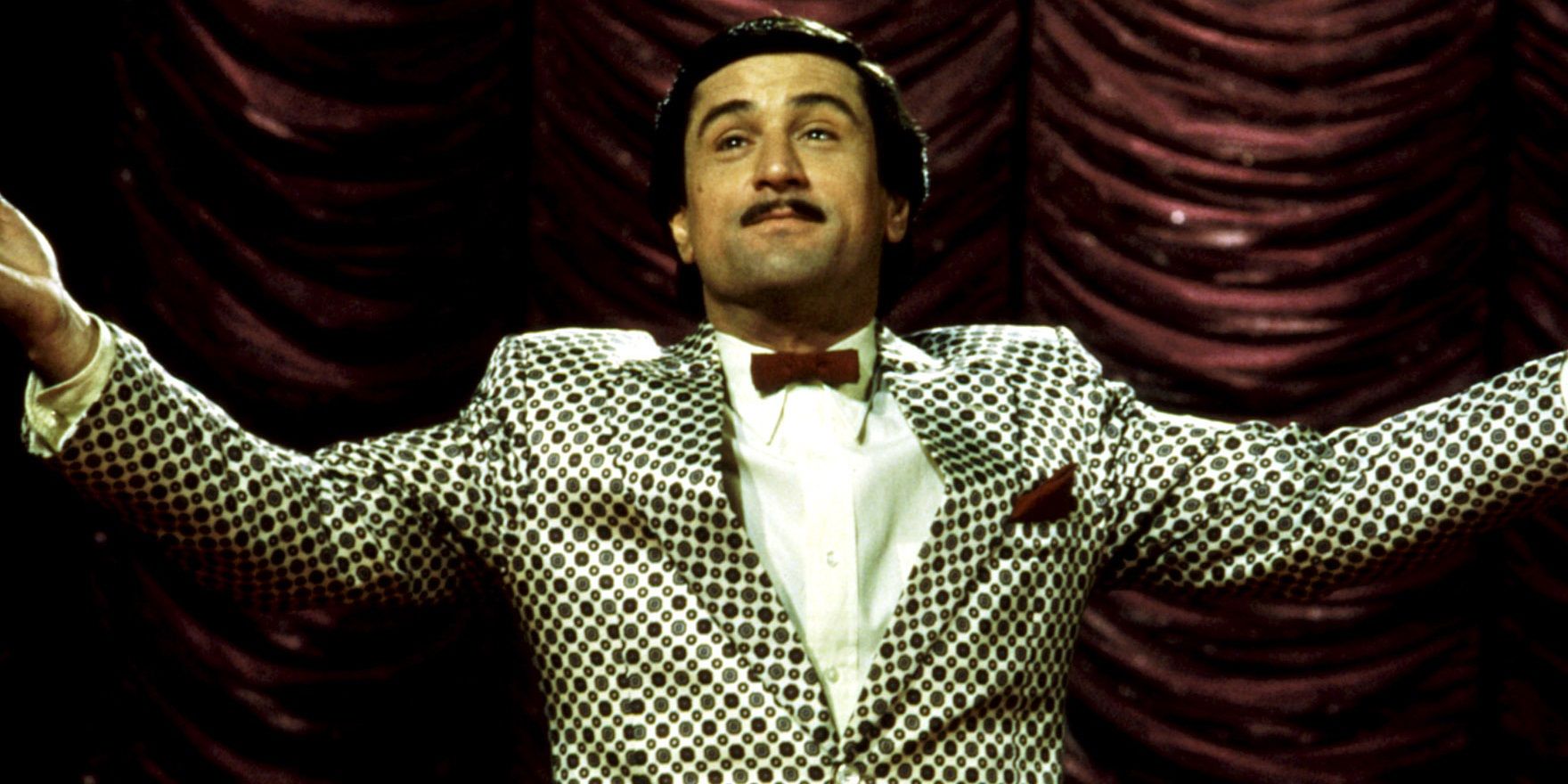
One of Scorsese’s most underappreciated movies, The King of Comedy, is also one of his least violent films. It’s an incisive satire of show business, starring Scorsese’s go-to leading man Robert De Niro as Rupert Pupkin, a delusional standup comic who wants fame and fortune without putting in any of the work.
The most violent that the movie gets is when Rupert kidnaps legendary comedian Jerry Langford (played by legendary comedian Jerry Lewis) at gunpoint, and hijacks his late-night show to become an overnight star.
The Wolf Of Wall Street (2013)
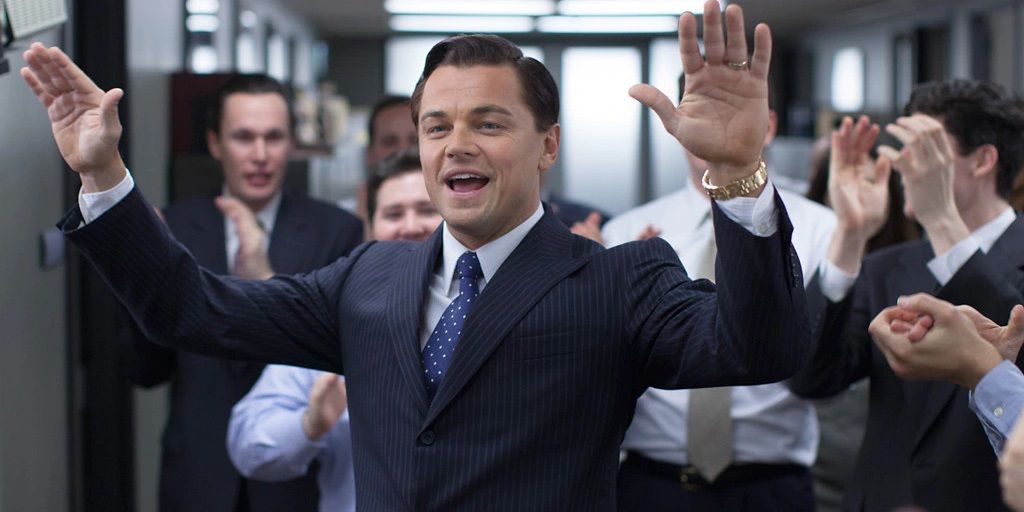
While Scorsese’s criminal biopics usually focus on mobsters who steal cigarettes out of trucks, intimidate politicians, and murder whoever tries to get in their way, he tackled a different kind of criminal – one of the white-collar variety – in his 2013 dark comedy The Wolf of Wall Street.
Most of the crimes in The Wolf of Wall Street are drug use, solicitation, and financial offenses, but when Jordan Belfort spirals out of control, he becomes physically abusive to his wife, Naomi.
Mean Streets (1973)
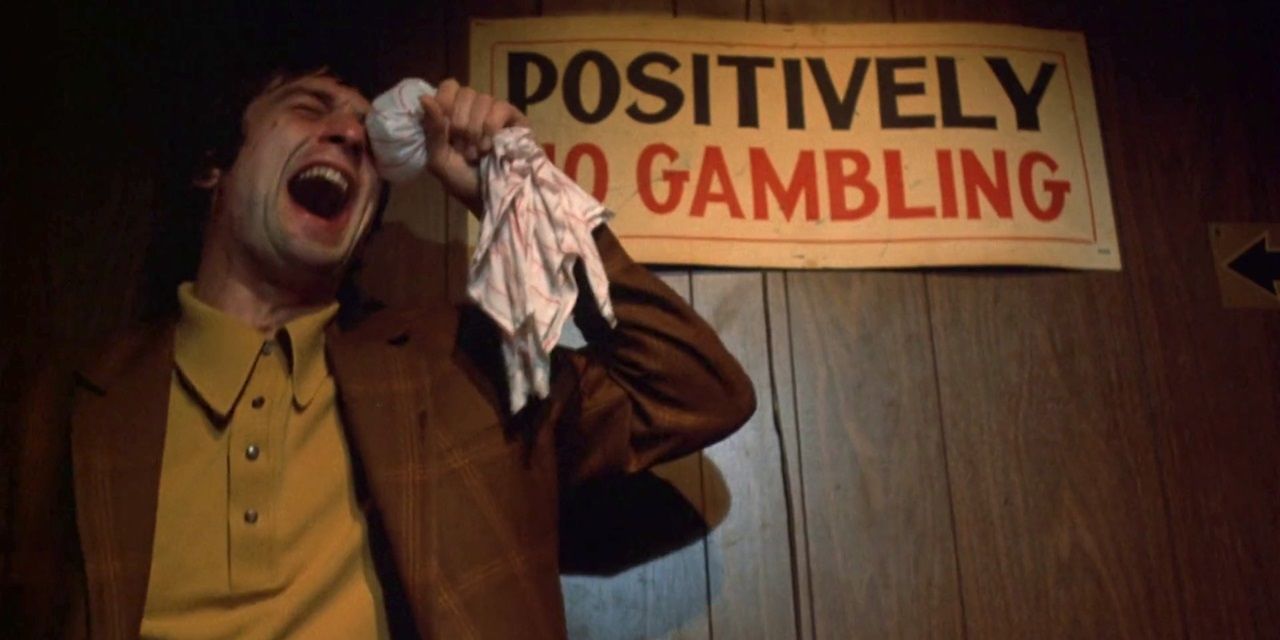
Scorsese’s first entry in the gangster movie canon, 1973’s Mean Streets, is tame compared to his later efforts. The film is driven by its characters and their dynamics as opposed to the violent deeds they do for their powerful crime bosses.
Still, there are a couple of violent sequences that exemplify the meanness of these streets. There’s a brawl between two gangs in a pool hall and the movie ends with the protagonists getting whacked while they try to flee New York.
The Last Temptation Of Christ (1988)
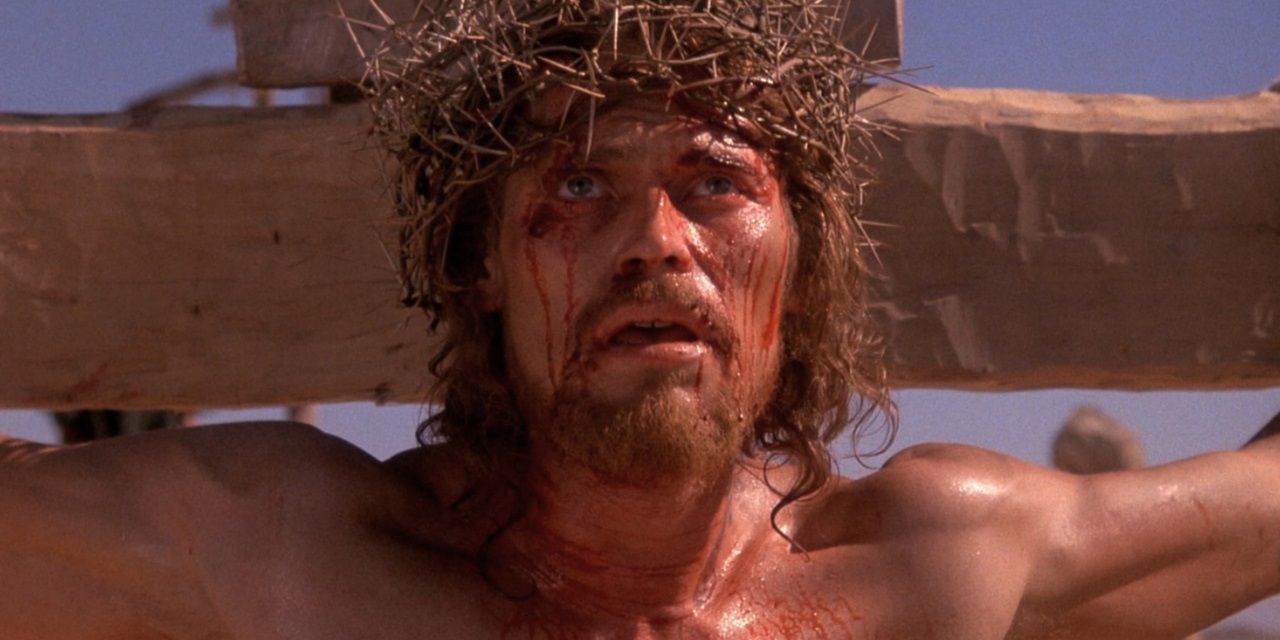
Catholic themes have been prevalent in Scorsese’s work from the very beginning, but perhaps his most overtly religious film is his fictionalized biopic of Jesus Christ himself, The Last Temptation of Christ.
With its gory and uncompromising portrayal of the crucifixion, The Last Temptation of Christ is more gruesome than it is spiritual.
The Irishman (2019)
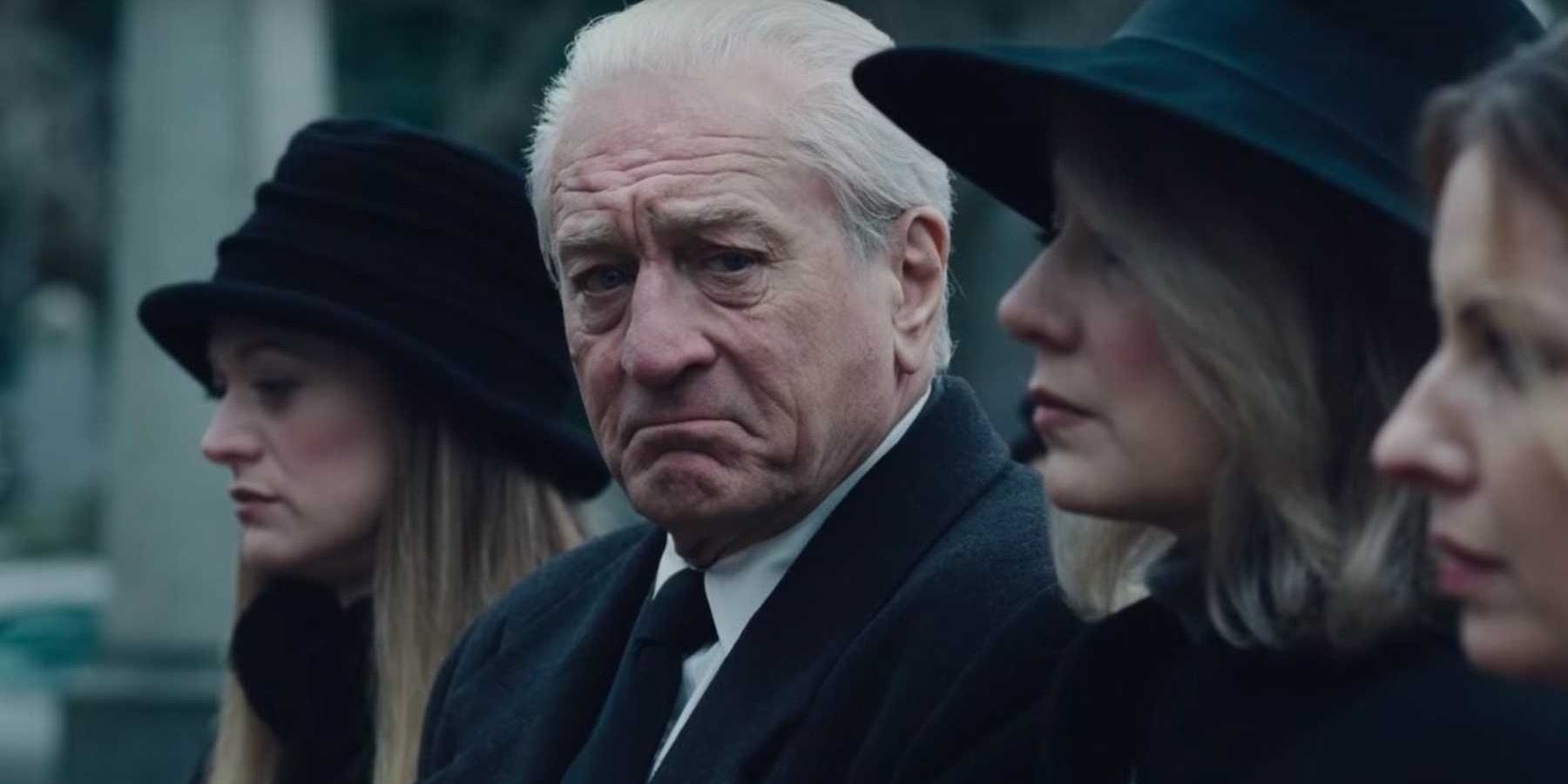
Scorsese’s most recent directorial effort, The Irishman, released on Netflix back in the awards season of 2019, is based on the heavily conflicted accounts of mob hitman Frank Sheeran, who claims to be responsible for the unsolved murder of union boss Jimmy Hoffa. The Irishman is more cerebral and contemplative than Scorsese’s earlier gangster biopics.
There are still a few gruesome scenes of gang violence – including the aforementioned killing of Jimmy Hoffa – but the film is more focused on the social and psychological consequences of a life of crime than the crimes themselves.
Cape Fear (1991)
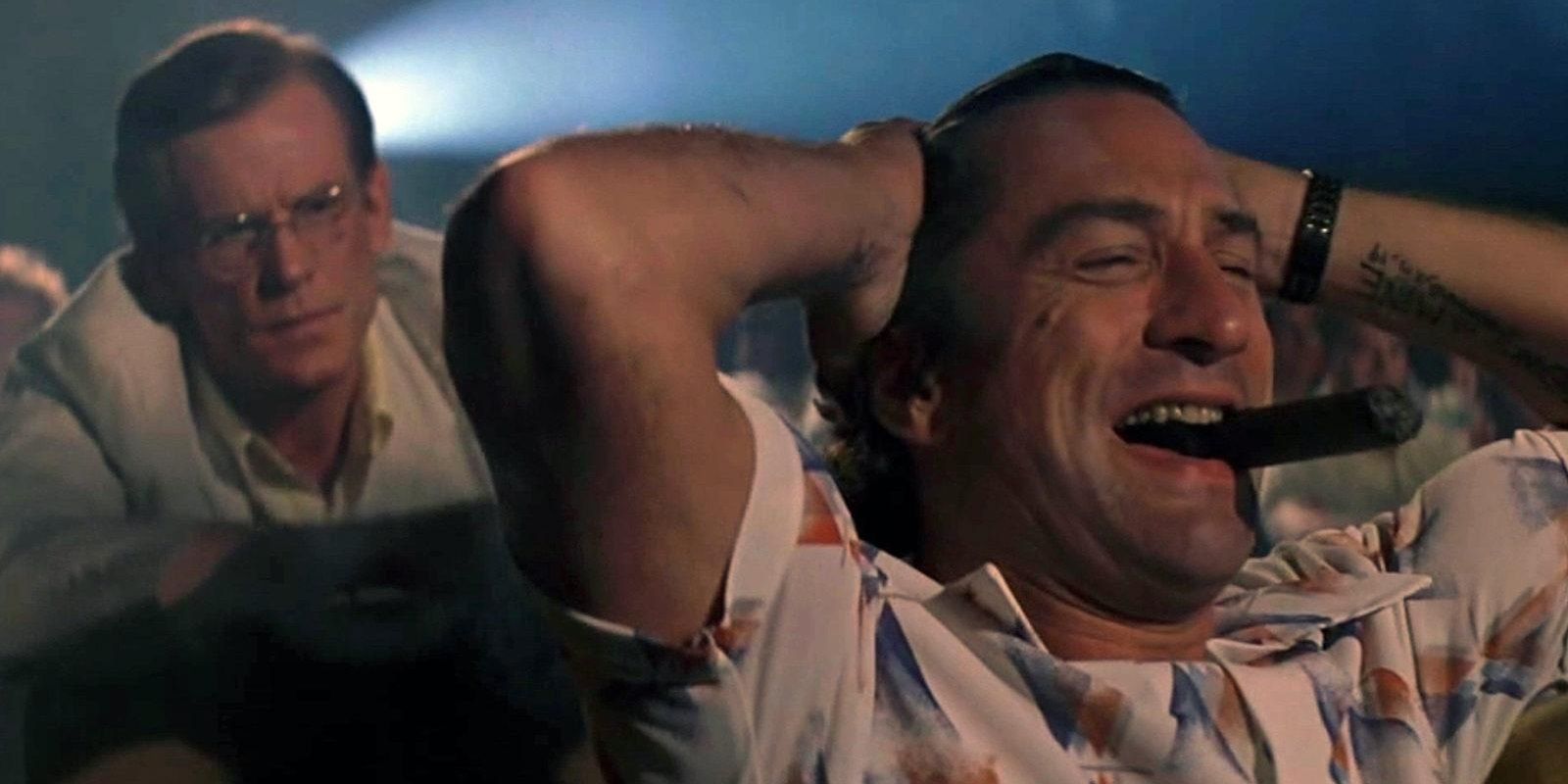
Scorsese’s most Hitchcockian film to date, Cape Fear – a remake of the J. Lee Thompson thriller of the same name from 1962 – tells the terrifying tale of a lawyer and his family being terrorized after the killer that he put behind bars is released.
De Niro’s portrayal of parolee Max Cady is even more sinister and violent than Robert Mitchum’s iconic performance in the original movie.
The Departed (2006)
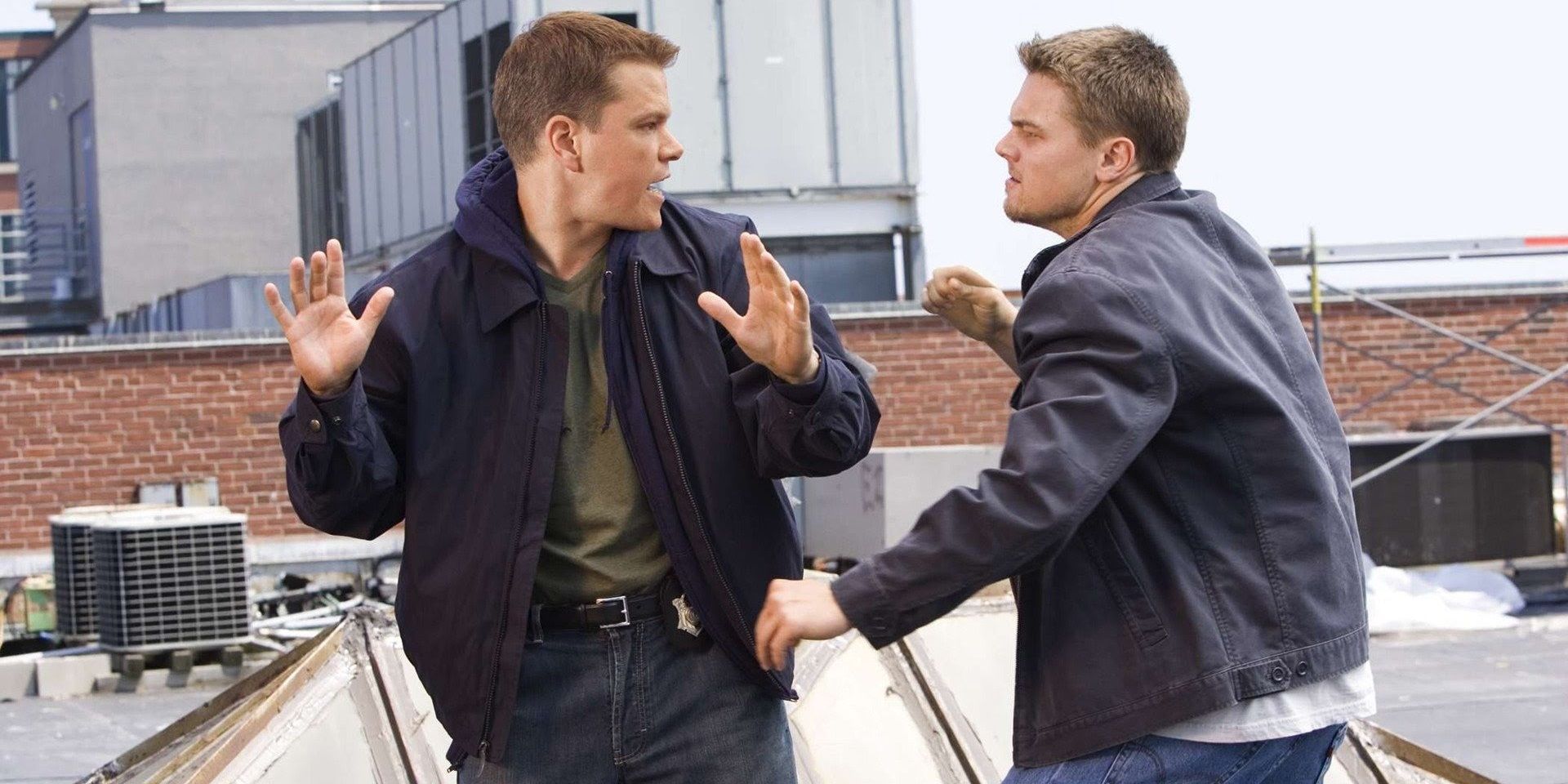
Almost every major character ends up dead in The Departed. Scorsese won a long-overdue Academy Award for Best Director for his work on the Hollywood remake of the Hong Kong actioner Infernal Affairs, in which a police captain is thrown off a roof and “X” marks the spot where brains get splattered.
A cat-and-mouse thriller about a police mole and an undercover cop’s quest to find each other, both under the thumb of a notorious Boston crime lord, The Departed is one of Scorsese’s only movies with a traditional plot.
Taxi Driver (1976)
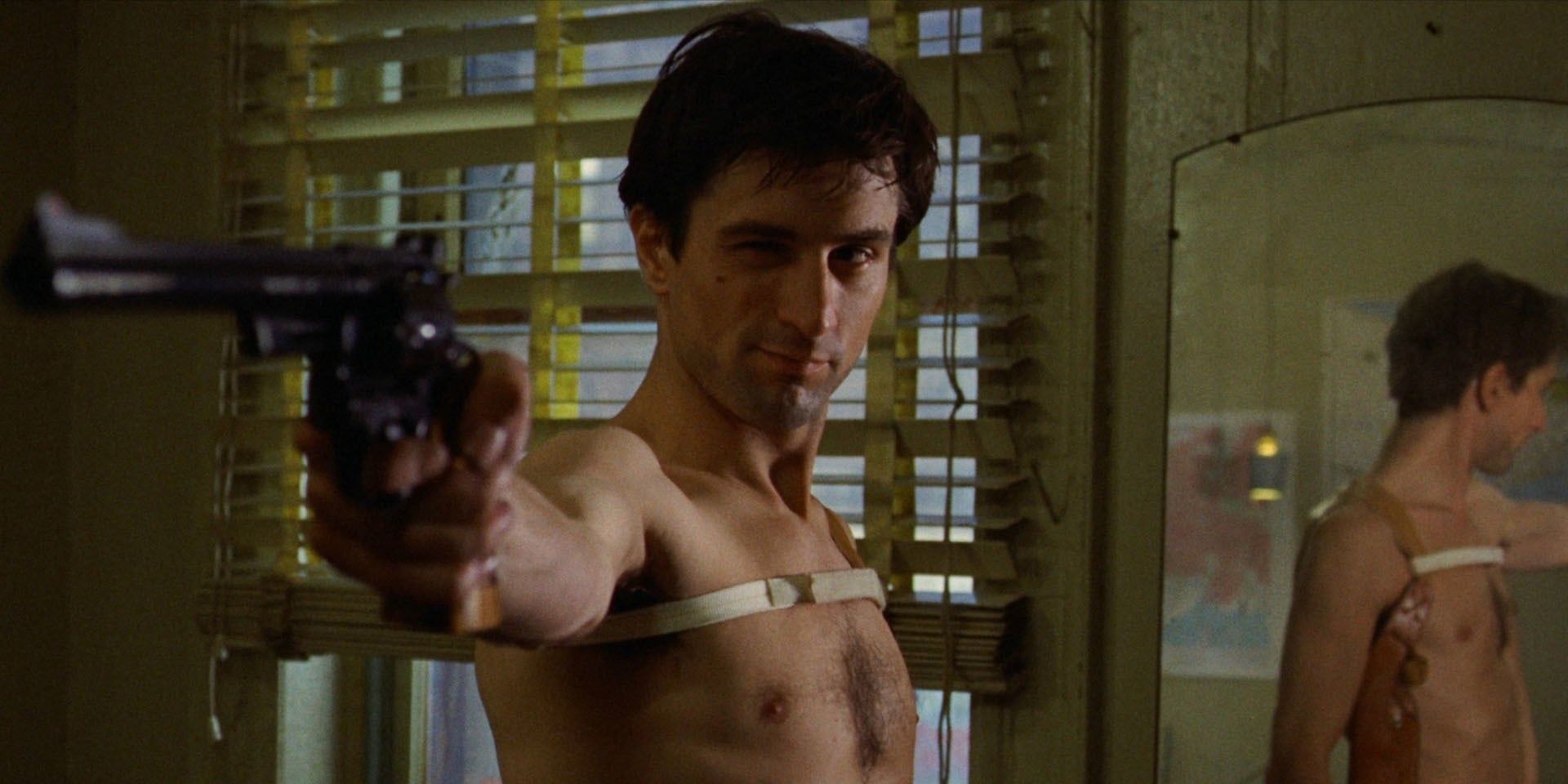
Insomniac cabbie Travis Bickle takes the law into his own hands when he finishes his military service in Vietnam and finds himself disgusted with the crime-ridden New York he returns to in Taxi Driver. The movie doesn’t get really violent until Travis exacts brutal vigilante justice at a brothel in the final reel.
But this climactic sequence is so shockingly violent that it makes the movie as a whole one of Scorsese’s most harrowing works. The scene is so bloody that the colors were desaturated to deemphasize the bloodshed.
Raging Bull (1980)
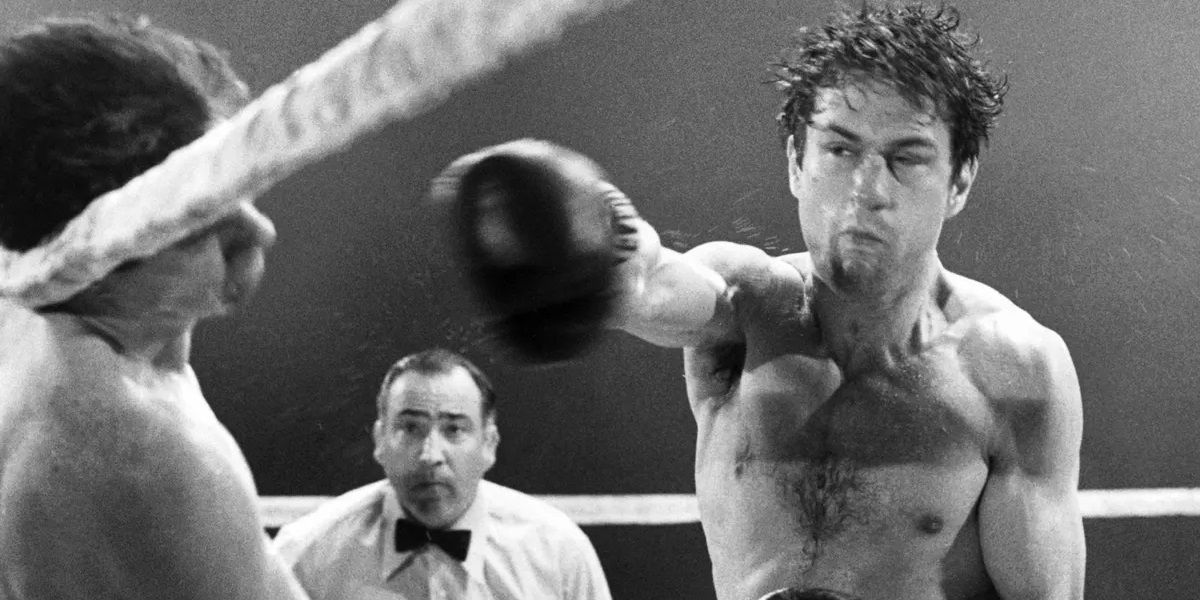
Being a biopic of a boxer, Raging Bull couldn’t avoid being a violent movie. Jake LaMotta made his living by inflicting violence upon his peers in the ring. But the violence in Raging Bull isn’t just confined to the boxing ring; the film also has some shocking scenes of domestic violence.
LaMotta’s downfall is his jealous rage. When he learns that his wife has slept with other men, including his brother, he mercilessly beats her and then walks across the neighborhood to mercilessly beat his brother.
Goodfellas (1990)
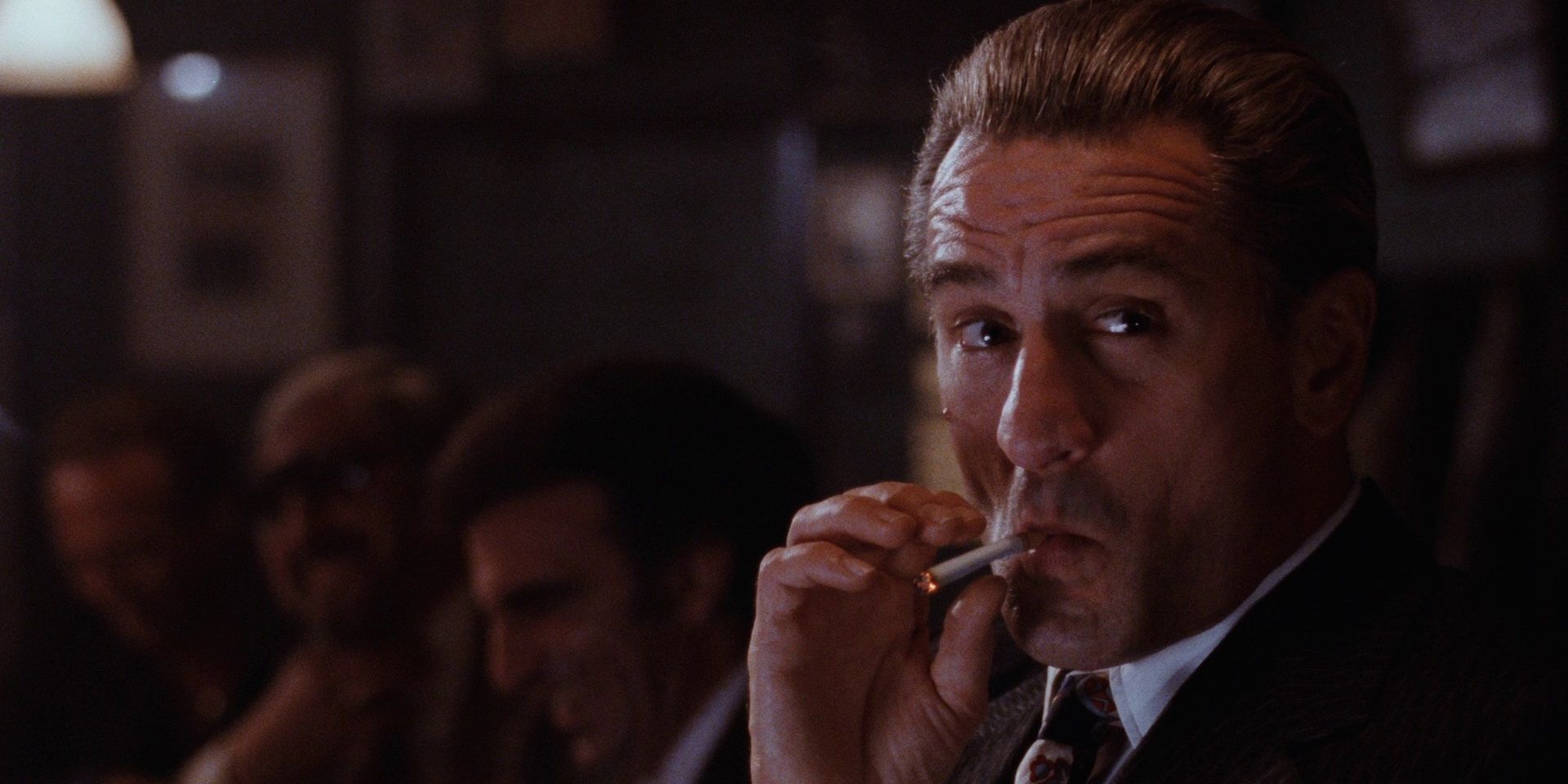
Scorsese’s magnum opus, Goodfellas, opens in media res with Henry, Tommy, and Jimmy driving out to bury Billy Batts, finding that he’s still alive in the trunk of their car, and stabbing and shooting him to death. Goodfellas is arguably Scorsese’s finest film and it’s also arguably his most violent.
There’s a montage of mob murders, Tommy is whacked in blunt and brutal fashion, and Karen’s lecherous neighbor is pistol-whipped by Henry.
